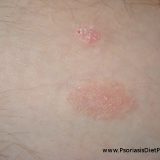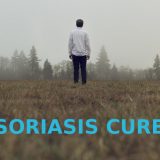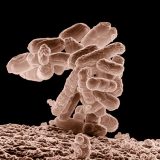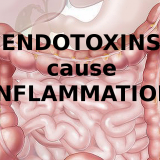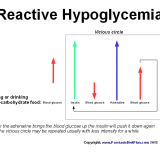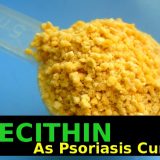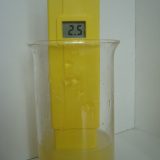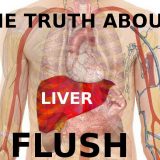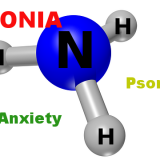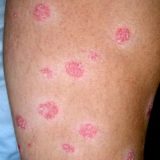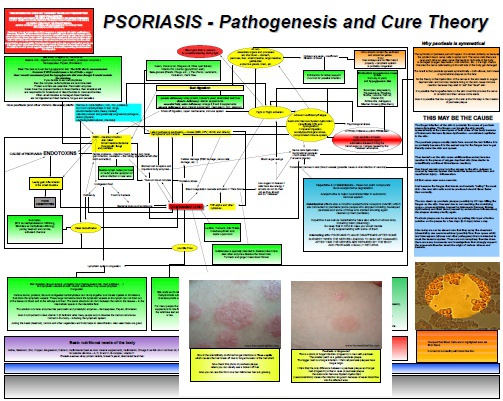Ibuprofen: Barney’s Formula For Psoriasis
Psoriasis can be significantly improved, cured, cleared up or put into a remission if you want with anti-inflammatory drugs like Ibuprofen. Psoriasis cause is all about the excessive inflammation and Ibuprofen is one of the most popular anti-inflammatory drugs. Usually it is a headache, tooth pain or achy back what makes you take a pill containing ibuprofen but the underlying causes – production of inflammatory mediators – are very similar in psoriasis as well. This blog post is not intended…


